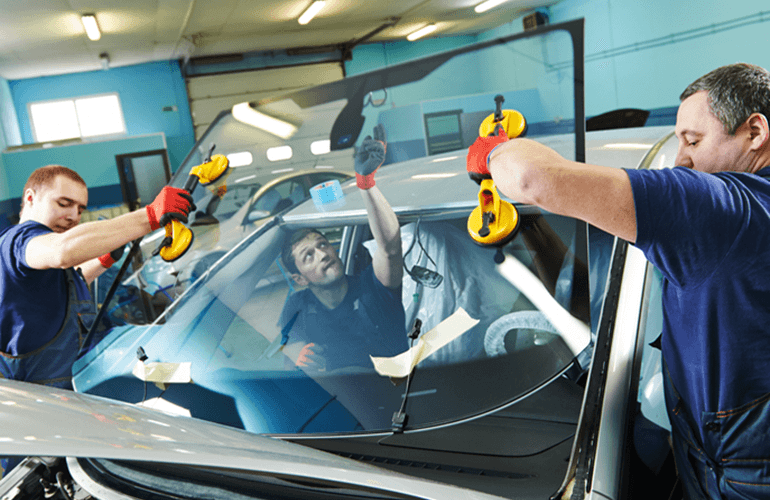Tools You Will Need For Auto Repair
Dealing with auto repairs is one of life's most annoying but necessary chores. Nearly everyone deals with a broken down car eventually. Rather than getting help back right from the start, do your homework by reading this article. You'll be astounded by what you're learning.
There are many how-to videos that you can turn to for auto repairs. Everything from a simple tire change to changing your fuel filter can be found in video form. These videos will take you through each step in making the repair and will save you the time and the cost of taking it to a mechanic.
You should always have an emergency kit available in your vehicle. This kit will include the necessary tools for successfully charging a battery, changing a tire and adding gas to your tank. Also, add a flashlight, some batteries, and some blankets in case there is a nighttime breakdown.
Checking and repairing the air conditioning in your car is quite complex. If you need to have it checked or fixed, find a mechanic with an air conditioning certification. The gas used for air conditioning is potentially dangerous and this system is a lot more complex than the other parts in your vehicle.
Always ask lots of questions when you take your car to get repaired. Don't let the mechanic intimidate you. Ask why something needs to be fixed or how it will be done. If the mechanic tries to brush you off, doesn't look at you, or refuses to answer your questions, consider taking your car to someone else.
It is very important to keep records of all your auto repairs. Whenever another issue crops up, it is most helpful for your technician to take a look at this document. Without them, you may end up paying for more diagnostic tests, and it will be more difficult to learn where the issue is stemming from.
Keep well-organized records on your car. You should have readily available records of everything in regards to maintaining your car when seeing a mechanic. Well-organized records can help them diagnose an issue correctly the first time. Unorganized records may lead to repeat repairs and lots of wasted money and time.
Know your car before taking it in for any auto repairs. If you have little knowledge on the specs of your model car, you may end up being taken for a ride without you knowing it. Read through your manual at the bare minimum before going for any larger repairs.
Ask your auto mechanic about their A.S.E. certification. The National Institute for Automotive Service Excellence has a test twice a year for it. To earn this certification, mechanics must pass a written test while also having about two years of work experience in auto mechanics and repair. This certification increases your chances of finding competent mechanics.
Keep a log that includes information on any maintenance that you have ever done on your car. To make things easy, put this log in your glove compartment box. If there is an issue with your car, this information can help the technician figure out what is going on much more quickly.
Be responsible when performing DIY auto repairs. Just about every item you might replace or repair on a vehicle is environmentally unfriendly. Take care to dispose of liquids such as motor oil and coolant properly. Take used parts to your local junk yard or recycling center. Don't toss plastic bottles about the landscape. If you are unsure of where you can dispose of these items, check with your local waste disposal agency or an automotive supply store.
Always ask in advance how much labor costs at that particular shop. In fact, do not give them your keys until you have a clear understanding of what you will be charged. Many times, this information is not posted in an obvious place, so it is important to know what you are getting yourself into.
Avoid being run over by your own car! When you jack your car up, be sure to set your emergency brake. Place bricks behind the tires you are not working on to keep your car from rolling. Keep a set of wedges or three or four bricks in the trunk of your car in case you have to change a flat tire on a hill.
Most people don't look at the manual in regards to their vehicle. Review this manual to learn how it's to be used so that you can find helpful information quickly. The manual is full of key facts about your car and how to perform minor repair work.
Take the time to put these tips to use as you face your next auto repair. Lack of information can leave you overwhelmed, or worse, broke. Take control of auto repairs, be aware of your choices and come out a winner.

